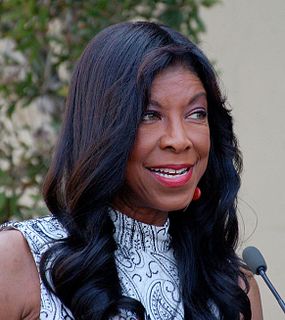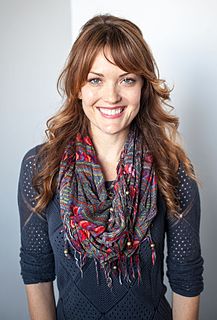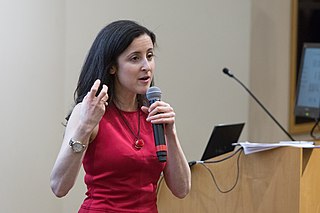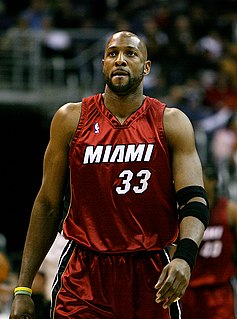A Quote by John Roberts
There is a risk of death associated with donating a piece of liver. It's about one in 500 for the risk of death. The risk of death of donating a kidney is about one in 3000, so this is a riskier operation than donating a kidney. The stakes are usually higher for the recipient of the transplant because unlike kidney failure, where you have a dialysis machine, in liver failure we don't have that kind of machine that allows a patient to survive until they can get a cadaver organ.
Related Quotes
If we had enough cadaver organs to go around we wouldn't do living donor liver transplants because one is we don't want to put a donor at risk, but the second is that it's a more difficult surgery for the recipient because you're getting a piece of a liver rather than a whole liver. It takes you longer to recover, and it has more complications related to where we sew together the blood vessels and the bile ducts.
We have equated a cancer diagnosis to 'death,' but we look at diabetes as 'something that you get when you get older.' But look at diabetes - it's the leading cause of limb amputation, heart disease, kidney failure. Many people don't equate diabetes with these other destructive things. I didn't equate it to those until I started reading about it.






























